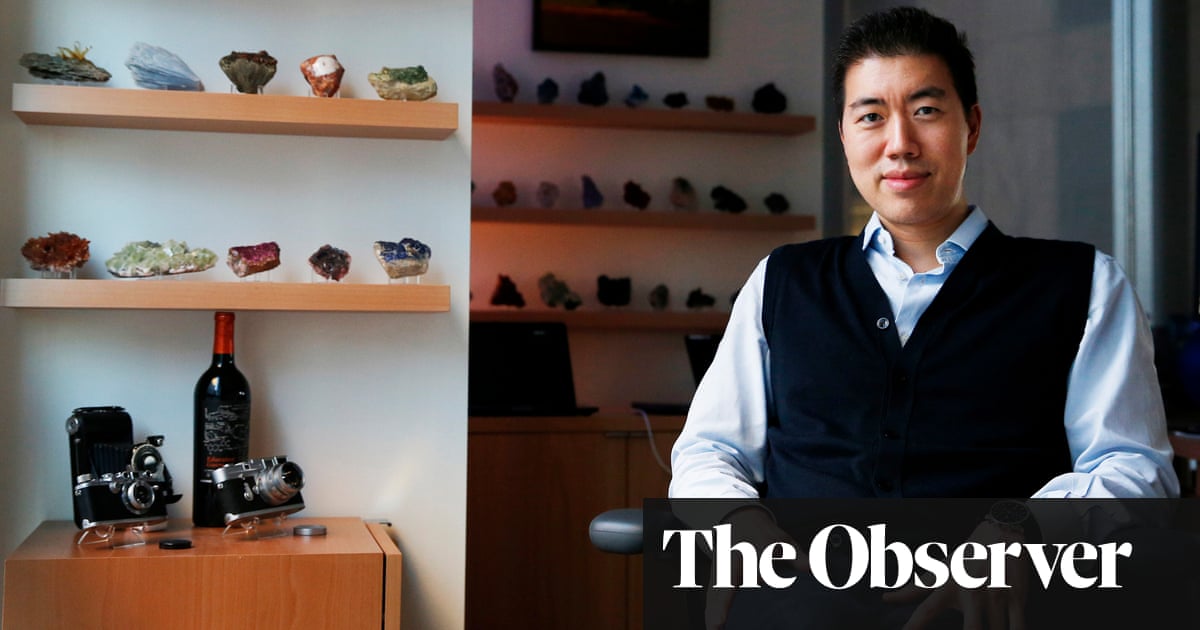Dietary changes could reduce the pain of endometriosis for half of those living with the disease, a new study suggests. The largest international survey ever conducted on diet and endometriosis, involving 2,599 people, found 45% of those who stopped eating gluten and 45% of those who cut out dairy reported experiencing an improvement in their pain.
When women cut down on coffee or other caffeine in their diet, 43% said their pain was reduced, while 53% of women who cut back on alcohol reported the same.
Philippa Saunders, senior author of the study and professor of reproductive steroids at the University of Edinburgh, said: “It really feels like we are on the cusp of something pretty big with understanding how diet affects endometriosis symptoms.
“It is so important for women if they feel they can do something for themselves to tackle the pain of endometriosis – that is tremendously empowering.”
Endometriosis occurs when cells similar to those in the lining of the womb grow in other parts of the body. It affects one in 10 women of reproductive age in the UK.
However, there is very little research into the causes of the disease or how to treat it – beyond surgery, which is often only a short-term fix, or managing symptoms through hormonal contraceptives like the pill, which many women dislike because of side effects. It takes an average of almost seven years for women to receive a diagnosis of endometriosis due to lack of awareness about the disease.
The new study, led by Edinburgh University and published last week in the American medical Association’s journal JAMA Network Open, asked volunteers about changes to their diet and about dietary supplements used to try to improve their symptoms. Researchers believe that the women who cut out gluten or dairy and reported feeling less pain may have experienced changes in their gut bacteria.
Reducing caffeine may work because it can affect sleep, and pain often feels worse when people are tired. Cutting back on alcoholic drinks is potentially impactful because alcohol has a similar effect on cells to oestrogen – the hormone that fuels endometriosis.
Endometriosis largely causes pain in the pelvic area, which is often worse during periods, but many sufferers report sciatic pain, with others experiencing breast pain or a flu-like joint pain affecting the whole body.
The womb-like tissue of endometriosis is able to grow new nerve cells – the cells that transmit pain sensations – and make existing nerve cells more active. The pain signals this sends to the brain are increased even more by inflammation – an overreaction of the immune system. It is this inflammation that could be tackled by dietary changes, experts believe.
Cutting back on certain foods may reduce bacteria in the gut that powers inflammation. The study found almost 40% of respondents reported reduced pain from endometriosis after cutting out processed food like ready meals, ice-cream and sweets, which are known to alter gut bacteria.
Almost a third of women said their pain improved after cutting out garlic and onion, which could relieve so-called “endo belly” – uncomfortable bloating sufferers can experience.
Experts say people should check with their doctor before making dietary changes. Larger studies, with women randomly assigned to different diets, are still needed to gather compelling evidence on how diet might affect endometriosis, and could include measurements of people’s inflammation and pain.
The Edinburgh study relied on self-reported pain levels and surveyed people from 51 countries, including 1,115 people from the UK.
Francesca Hearn-Yeates, who led the study from the University of Edinburgh, said: “Women are in need of anything that can help with the pain of endometriosis. This condition is so under-researched and there is so much to discover, but there is growing evidence that gut bacteria could play a part in symptoms, and that explains why many women have experimented with changing their diets, and why we have found that this appears to work for many.”
Jo Hanley, specialist adviser for Endometriosis UK, said: “We follow with interest studies on the potential impact and role of diet and nutrition in the management of endometriosis.
“There is a need for more high-quality evidence but I’ve heard many a success story from individuals where dietary changes have led to improved pain, although unfortunately others have reported no improvements.
“An anti-inflammatory diet can help reduce the body’s inflammation response, and anti-inflammatory foods can include fruit, vegetables, beans, chickpeas, wholegrains, nuts, seeds and olive oil, with some fish and poultry.
“Foods that contain refined sugars, carbohydrates, unhealthy fats, dairy, red and processed meats … can create inflammation in the body. I would advise keeping a food and symptom diary, which will help to identify any food triggers that could be flaring symptoms such as constipation and bloating, which make pain worse.”
Ying Cheong, professor of reproductive medicine at the University of Southampton, said: “While these self-reported benefits are promising, further clinical research is needed to confirm the true impact of specific dietary changes.”
Dr Nilufer Rahmioglu, senior research scientist at Nuffield Department of Women’s and Reproductive Health within the University of Oxford, said: ‘This study provides valuable insights into the lived experiences of individuals with endometriosis who have explored dietary modifications and supplements to manage their pain.
“While it cannot assess causality, the findings highlight the need for further rigorous research into these potential non-hormonal strategies.”

 13 hours ago
6
13 hours ago
6













































